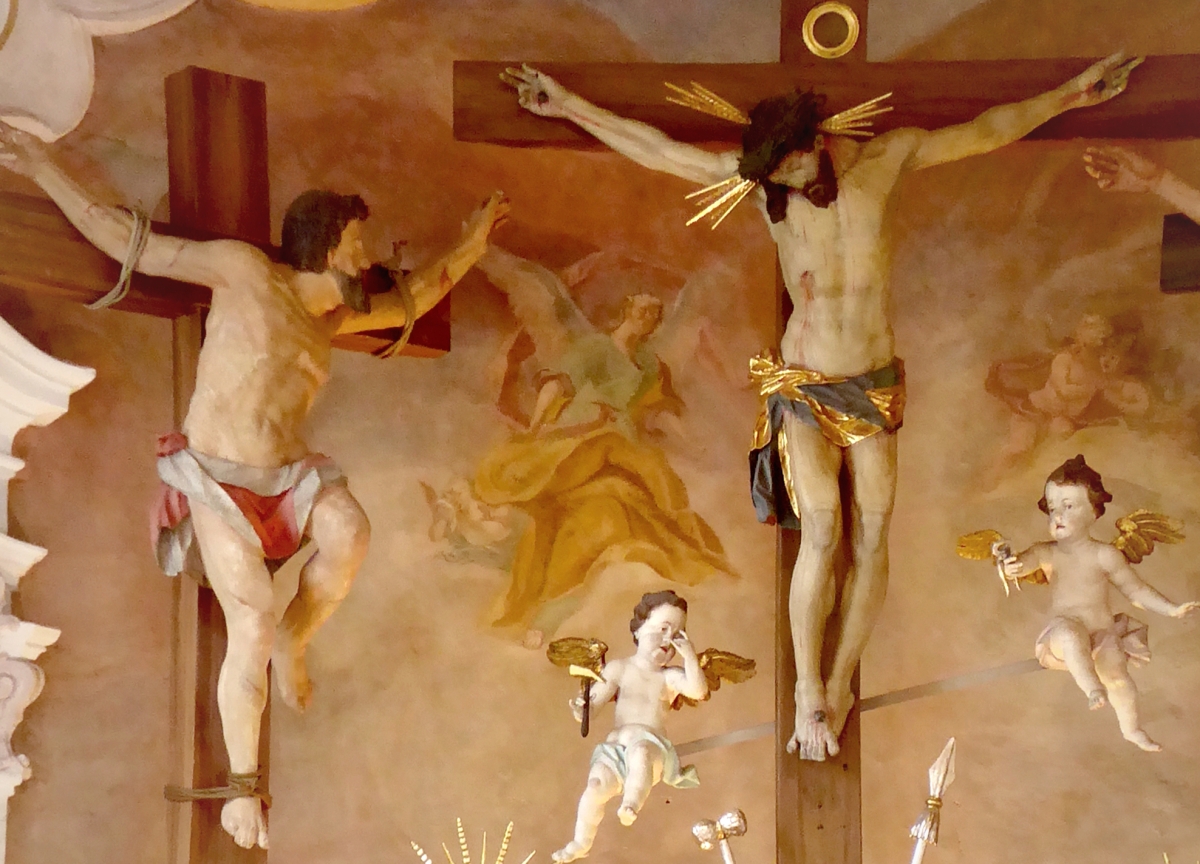ChristianPatriot
Grandmaster
That is an extremely depressing testimony historian.
I’m very sorry to hear you feel that way.
Curious where the thief on the cross is then? No baptism. No communion. No works. No church. And yet Christ tells him he would be with Him in Paradise.
Was Jesus lying to him? Did He make a special exemption for that one man in all of history and no one else?
You can’t simultaneously believe both. Either he’s in heaven or he isn’t. By your standards, he is not. By Christ’s standards, he is.
I’m very sorry to hear you feel that way.
Curious where the thief on the cross is then? No baptism. No communion. No works. No church. And yet Christ tells him he would be with Him in Paradise.
Was Jesus lying to him? Did He make a special exemption for that one man in all of history and no one else?
You can’t simultaneously believe both. Either he’s in heaven or he isn’t. By your standards, he is not. By Christ’s standards, he is.







 I think its all important
I think its all important 
